
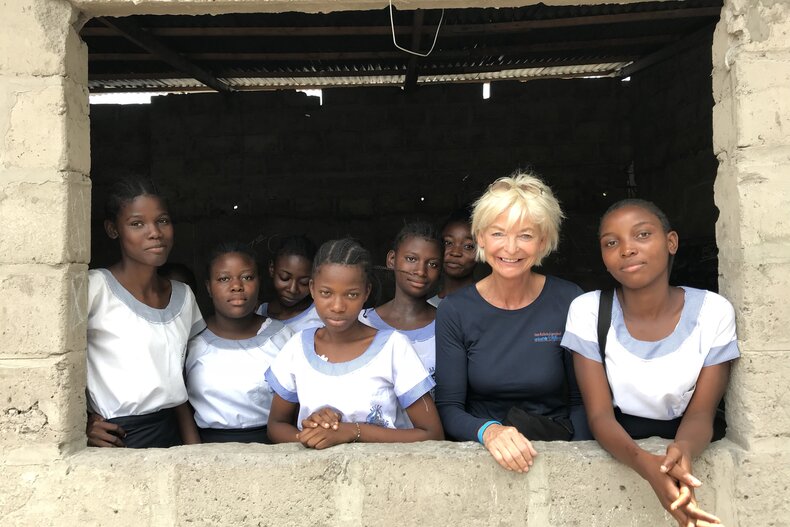
The need to preserve the diversity of cultural expressions has grown ever since, as 89% of today's international conflicts occur in nations with little to no intercultural communication.
Improving intercultural communication must be given top priority if we are to see long-lasting peace and effective cooperation.
According to UNESCO figures, the cultural and creative sector employs over 48 million people worldwide, with women making up nearly half of the workforce. This sector is a major engine of global development.
With 3.1% of the global GDP and 6.2% of all employment, this industry provides the most opportunity for young individuals under 30.
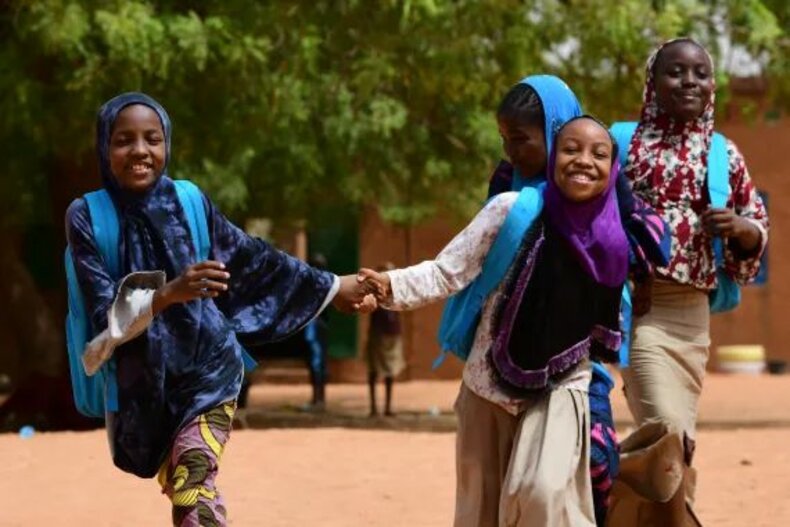
Around 75% of the world's most significant conflicts include cultural disagreements or history falsification, as has been seen during the Russian full-scale invasion of Ukraine.
It is vital to educate about cultural divides and tolerance, to promote peace, stability, and progress.
Not only does cultural diversity promote economic progress, but it also helps people live better lives on an intellectual, emotional, moral, and spiritual level.
Therefore, cultural diversity is a valuable asset that is essential to achieving sustainable development and reducing poverty.
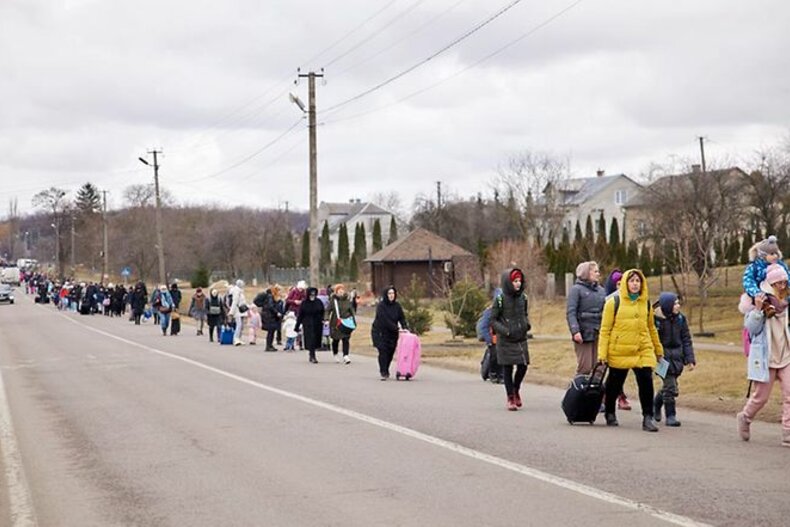
Cultural misunderstandings cause not only external conflicts but also internal tensions. Today, we face high rates of immigration and a growing refugee crisis in many parts of the world.
People from Eastern Europe to the Middle East seek new homes and better lives, often forced to leave their countries due to economic, political, military, or ecological issues.
As of November 2023, over 4.2 million people from Ukraine benefit from the temporary protection mechanism. In March 2022, the EU activated the temporary protection directive, an emergency scheme to provide immediate and collective protection to displaced people and reduce pressure on the national asylum systems of EU countries.
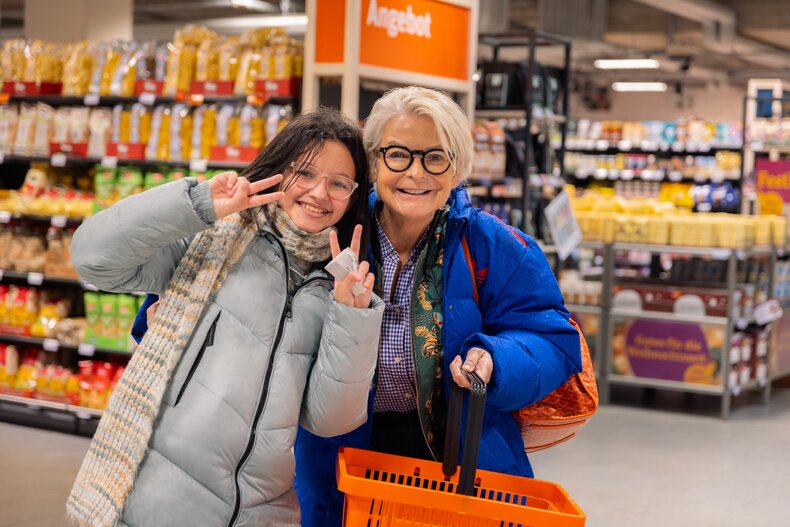
In Germany alone, almost 1.2 million Ukrainian refugees have arrived, illustrating the significant impact of this crisis. In 2022, around 2.7 million immigrants lived in Germany, and the numbers continue to rise.
“The numbers show that our world is becoming more diverse, highlighting the need to enhance our tolerance and cultural understanding.
Additionally, we must continue to develop integration programs so that both locals and newcomers can live together in a unified community without creating social or political tensions.,” says CDU party member, Ann Kathrin Linsenhoff.
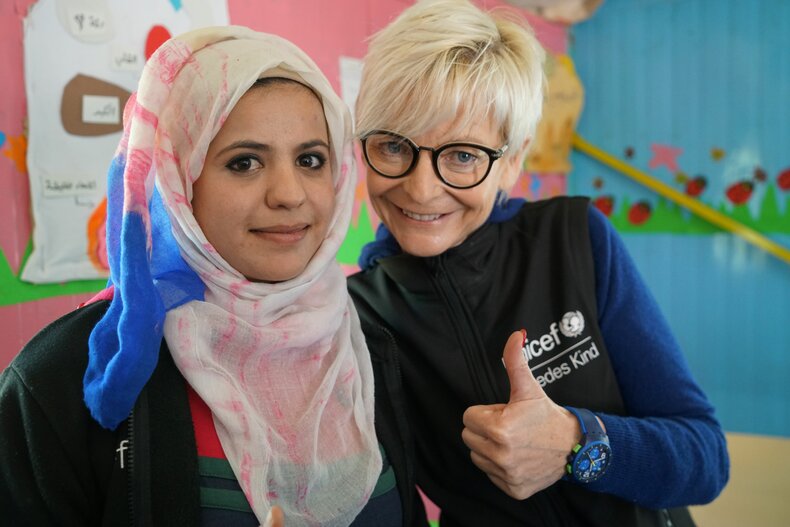
This year, voters from 27 EU nations are voting in the elections for the European Parliament from June 6 to June 9. Due to its long-term impact on European cultural policies, this event is crucial for both the future of Europe and our World. Key values such as democracy, human rights, and freedom of speech are at stake.
Promoting unity in Europe requires accepting and comprehending its cultural variety. We need to foster an understanding and appreciation of this diversity if we are to improve and give priority to European cultural collaboration.
“This year, we will once again shape the future of Europe. In the face of contradictory forces, we must adhere to our values of freedom, tolerance, and peace. Most importantly, we need to work towards building a more tolerant community that embraces diverse cultural expressions,” underlines Ann Kathrin Linsenhoff.
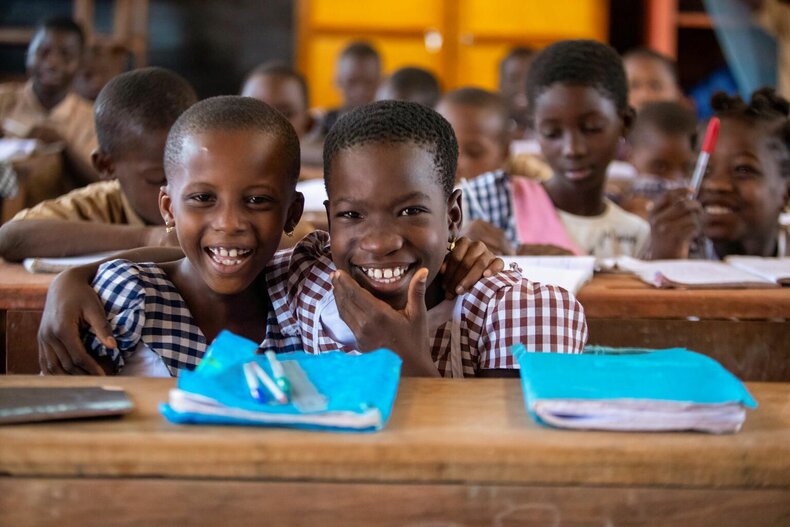
Today, we have an opportunity to deepen our understanding of the values of cultural diversity and advance the four goals of the UNESCO Convention on the Protection and Promotion of the Diversity of Cultural Expressions, adopted on October 20, 2005.
These goals are: supporting sustainable systems of governance for culture; achieving a balanced flow of cultural goods and services while increasing the mobility of artists and cultural professionals; integrating culture into sustainable development frameworks; and promoting human rights and fundamental freedoms.
Yours
sincerely

